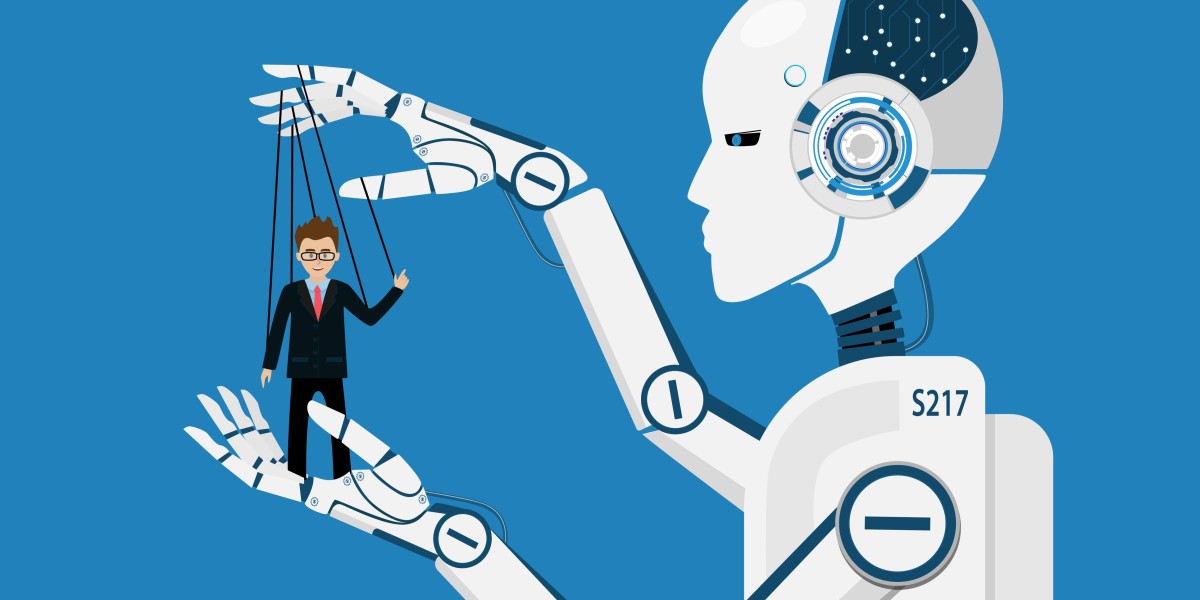Artificial intelligence (AI) is revolutionizing various fields at an unprecedented pace. One such field that is experiencing a major transformation due to AI is omics research. Omics refers to the collective technologies used to explore biological systems that involve the study of various -omics such as genomics, proteomics, metabolomics, and more. The integration of AI with various omics fields is leading to new discoveries and insights at a scale not possible before.
AI Enhances Genomics Research
Genomics, the study of genomes or complete sets of DNA sequences of organisms, has greatly benefited from AI applications. Researchers are now able to analyze voluminous genomic data much faster, discover patterns, and predict outcomes with the aid of AI tools. For example, AI algorithms can accurately detect genetic variations like SNPs and indels from whole genome sequencing data. Some notable uses of AI in Omics Studies in genomics include:
- Disease genotype prediction: AI models are being used to predict disease risks and genotypes from genomic data with high accuracy. Such personalized risk profiling aids in better disease management and prevention.
- Cancer diagnostics: By analyzing millions of data points from cancer genome sequencing studies, AI algorithms can now identify cancer types, predict survival rates, and find new biomarkers with far greater accuracy than humans alone. This is helping deliver more precise cancer care.
- Population genomics: AI is assisting researchers worldwide to generate insights into human evolution, migration patterns, and phenotypes by analyzing population-scale genome data from initiatives like the 1000 Genomes Project.
While North America and Europe are leading genomics AI research, China and India are also contributing significantly with initiatives involving state-funded research on genome-AI tools and healthcare applications. Overall, AI is positioned to revolutionize precision medicine globally based on an individual's genomic information.
AI Transforms Proteomics Analysis
Proteomics research involving the large-scale study of proteins is another field seeing widespread use of AI. Proteomic techniques generate vast datasets that are challenging to manually analyze. Powerful AI and machine learning algorithms can now rapidly examine variations in protein expression levels, modifications, interactions, and functions. Notable uses of AI in proteomics include:
- Disease biomarker identification: By evaluating changes in the proteome, AI models can uncover new protein markers for various cancers and other diseases with far greater reliability than traditional statistical methods. This aids early detection and monitoring of disease progression.
- Drug target discovery: Analyzing proteomic alterations in healthy and diseased states helps uncover novel druggable protein targets and pathways. AI speeds up this process significantly.
- Protein structure prediction: AI is solving the protein folding problem by predicting protein structural configurations from sequence data alone, helping drug development. AlphaFold, an AI system developed by DeepMind, has revolutionized protein structure predictions.
While the US and Europe lead in proteomics AI innovation, countries like China, Japan, Canada, Australia, and South Korea are also advancing this field through national research initiatives and industry-academia collaborations. Proteomics augmented with AI promises accelerated personalized therapy development globally.
AI Enhances Metabolomics & Multi-omics Studies
Metabolomics research analyzing small molecule metabolite profiles has been aided by AI and machine learning algorithms that can process NMR, MS and other omics datasets at scale. AI is even enabling researchers to integrate multi-omics datasets for a unified systems perspective into biological mechanisms. Some key uses of AI in these fields include:
- Metabolic disease diagnostics: AI models can accurately recognize metabolic disease subtypes and predict disease risks by profiling variations in metabolite levels in large patient cohorts. This holds promise for precision medicine applications.
- Nutrition research: AI tools are helping analyze the impacts of specific diets, nutrients and supplements on the human metabolome. This could lead to new lifestyle and nutritional recommendations for optimizing health.
- Multi-omics data fusion: By integrating genomics, proteomics, metabolomics and other layers of omics data using AI, researchers are gaining novel insights into intricate biological pathways and mechanisms involved in health and disorders.
Countries and industry players worldwide recognize metabolomics as an emerging field where AI can deliver value. Major players in pharmaceutical R&D like GlaxoSmithKline, Novartis and Merck have set up AI-driven metabolomics research initiatives to accelerate drug discovery globally. MetaboGate, a China-EU collaboration, exemplifies international omics-AI projects.
Artificial intelligence is enabling major transformative applications across various omics domains including genomics, proteomics, metabolomics and integrative multi-omics. Powered by AI, researchers worldwide are now capable of conducting omics studies and analyses at an unprecedented scale to gain novel insights. This is expected to significantly accelerate personalized and precision medicine development on a global scale to improve human health outcomes. While challenges remain, AI clearly holds great promise to revolutionize 21st century biological and medical sciences research through omics.
Get more insights on AI in Omics Studies



